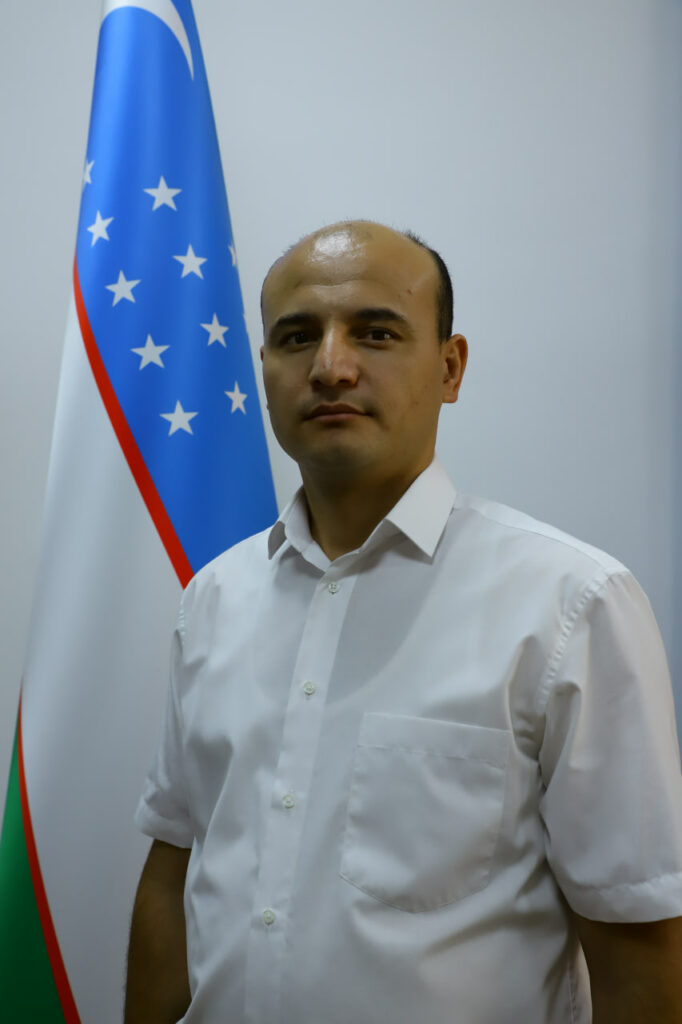- UNIVERSITY
- STRUCTURE
- ACTIVITY
- STUDENTS
- FOR APPLICANTS
- CALL CENTER
- ADMISSION QUOTA
- RESULTS OF THE ENTRANCE EXAM TO THE MASTER STUDIES 2023/2024
- MANDATE 2023
- PRIVILAGES
- NORMATIVE DOCUMENTS
- FOR INTERNATIONAL APPLICANTS
- UNDERGRADUATE
- GRADUATE
- CORRESPONDENCE
- SECOND EDUCATION
- THOSE WITH 5 YEARS OF EXPERIENCE
- ACADEMIC LYCEUM ADMISSION
- SIGN UP
- TO TECHNICAL GRADUATES
- NEWS
- CONTACT US







